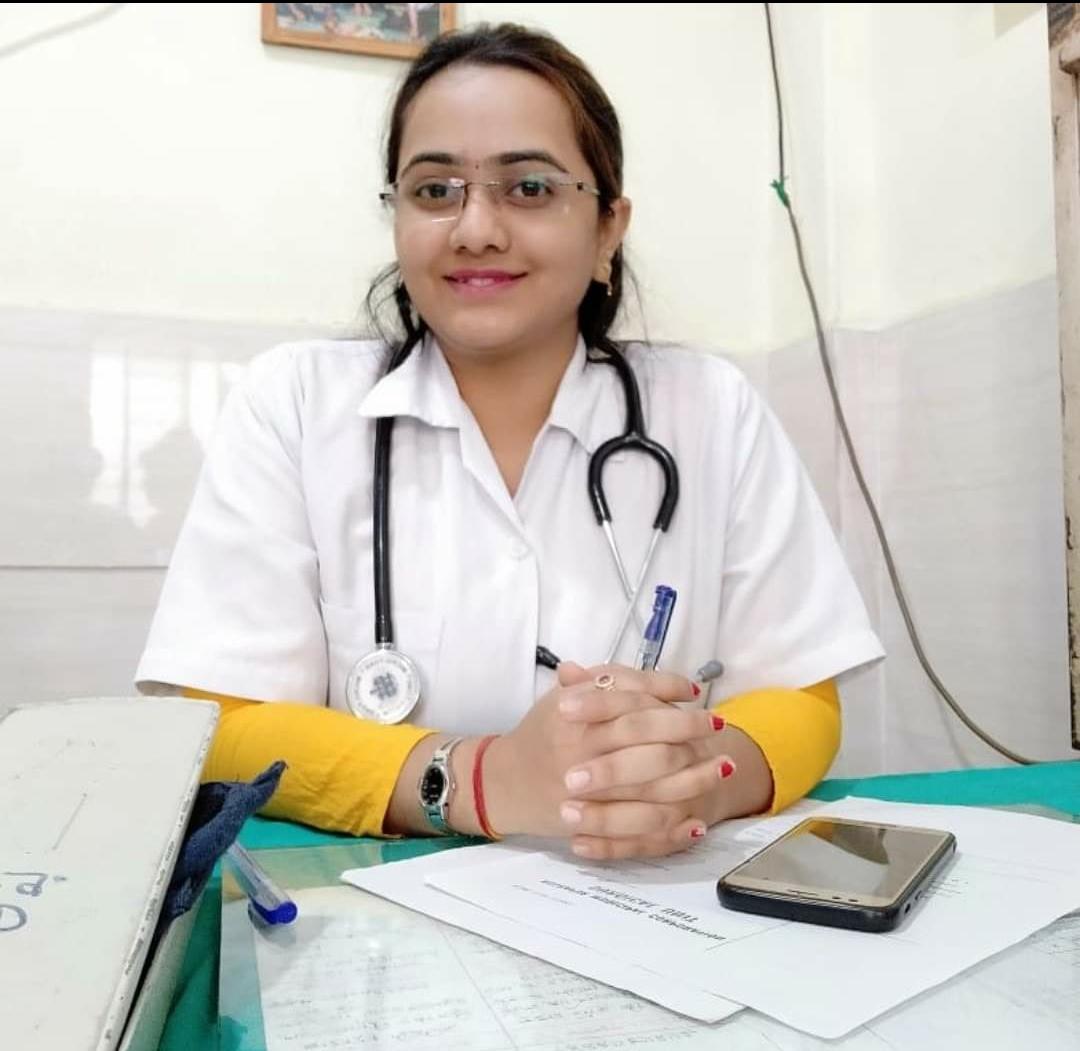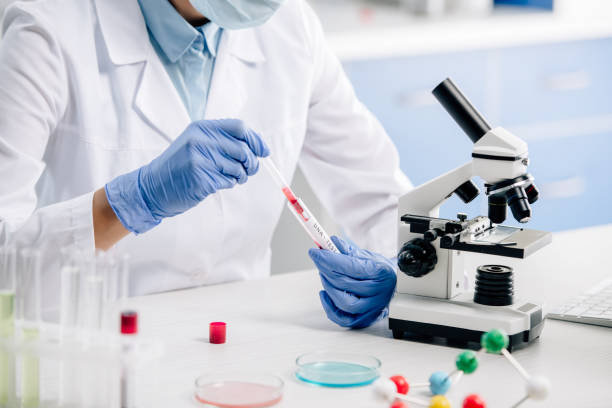Table of Contents
Boosting Hemoglobin Levels: Essential Tips for Women and Pregnant Mothers
Hemoglobin is a crucial protein in red blood cells that carries oxygen throughout the body. Low hemoglobin levels can lead to anemia, causing fatigue, weakness, and other health issues. Women, particularly pregnant women, are more prone to developing anemia due to factors like menstruation and increased blood volume during pregnancy. Fortunately, there are several effective ways to boost hemoglobin levels naturally. In this article, we’ll explore five tips to increase hemoglobin levels, with a special focus on pregnant women. Iron-Rich Diet: A diet rich in iron is essential for maintaining healthy hemoglobin levels. Incorporate iron-rich foods such as lean meats, poultry, fish, beans, lentils, tofu, spinach, kale, and fortified cereals into your meals. Pairing these foods with sources of vitamin C, like citrus fruits, tomatoes, and bell peppers, can enhance iron absorption. For pregnant women, meeting the increased iron demands is especially crucial. In addition to iron-rich foods, prenatal vitamins containing iron are often recommended to ensure adequate intake. However, it’s essential to consult with a healthcare provider before starting any supplements during pregnancy. Vitamin C Intake: Vitamin C plays a vital role in enhancing iron absorption from plant-based sources. Including foods rich in vitamin C, such as oranges, strawberries, kiwi, broccoli, and bell peppers, can help maximize the benefits of iron-rich foods in your diet. Adding a squeeze of lemon juice to iron-rich meals or pairing them with a side of fruits high in vitamin C can significantly boost iron absorption. Pregnant women should pay extra attention to their vitamin C intake to support both their own health and the development of the fetus. Incorporating a variety of colorful fruits and vegetables into meals and snacks can help meet the increased nutritional needs during pregnancy. Avoid Iron Inhibitors: Certain substances can inhibit iron absorption and should be consumed in moderation, especially by individuals with low hemoglobin levels. These include tea, coffee, calcium-rich foods, and high-fiber foods like whole grains and bran. While these foods provide essential nutrients, consuming them alongside iron-rich meals may hinder iron absorption. Pregnant women should be mindful of their caffeine intake, opting for decaffeinated beverages or limiting caffeinated drinks to ensure optimal iron absorption. Additionally, spacing out the consumption of calcium supplements and iron-rich foods can help maximize nutrient absorption. Cooking in Iron Utensils: Cooking food with iron utensils can increase the iron content of meals, especially when preparing acidic foods like tomato-based sauces or soups. Cooking acidic foods in cast iron cookware can leach small amounts of iron into the food, boosting its nutritional value. For pregnant women, incorporating meals cooked in iron utensils can be a simple yet effective way to enhance iron intake. However, it’s essential to ensure that the cookware is properly seasoned and maintained to prevent rust and contamination. Regular Blood Tests and Monitoring: Regular blood tests are essential for monitoring hemoglobin levels, especially for women who are at a higher risk of developing anemia. Routine check-ups with healthcare providers can help detect any deficiencies early on and allow for prompt intervention through dietary changes or supplementation. Pregnant women should undergo regular prenatal check-ups, including blood tests to assess hemoglobin levels and overall health. Healthcare providers can provide personalized recommendations based on individual needs and ensure optimal maternal and fetal well-being. Maintaining healthy hemoglobin levels is crucial for overall well-being, particularly for women and pregnant mothers. By following these tips, including a diet rich in iron and vitamin C, avoiding iron inhibitors, cooking in iron utensils, and monitoring hemoglobin levels regularly, women can support their health and vitality at every stage of life. For pregnant women, ensuring adequate nutrition not only promotes their well-being but also contributes to the healthy development of the unborn child. Consulting with healthcare providers for personalized advice and guidance is key to achieving optimal hemoglobin levels and overall health.Some Frequently Asked Questions:
Can pregnancy affect hemoglobin levels?
Yes, pregnancy can affect hemoglobin levels. Hemoglobin is a protein in your blood that carries oxygen to your body’s tissues. During pregnancy, your blood volume increases, which dilutes the concentration of red blood cells and hemoglobin, leading to a condition called “physiologic anemia of pregnancy.” This means that while your body is making more blood overall, the concentration of hemoglobin in each drop of blood might be lower. This is normal and usually not a cause for concern unless it becomes severe.Can iron supplements increase hemoglobin?
Yes, iron supplements can help increase hemoglobin. Hemoglobin is like a delivery truck that carries oxygen in our blood. Iron is like fuel for this truck. When we don’t have enough iron, our body can’t make enough hemoglobin, so taking iron supplements can give our body the fuel it needs to make more hemoglobin, which can help boost our energy and overall health.How long does it take to increase hemoglobin levels?
Increasing hemoglobin levels can take several weeks to months, depending on various factors like the cause of low hemoglobin and how well your body responds to treatment. It involves a combination of eating foods rich in iron, taking iron supplements if necessary, treating underlying health conditions, and sometimes receiving blood transfusions. It’s like filling up a gas tank; it takes time to replenish your body’s iron stores and for new red blood cells to form, which carry hemoglobin. So, patience and consistency are key.Can dehydration affect hemoglobin levels?
Yes, dehydration can affect hemoglobin levels. Hemoglobin is like a taxi that carries oxygen in your blood. When you’re dehydrated, your blood becomes more concentrated because there’s less water. This can make your hemoglobin levels appear higher than they actually are. It’s like having fewer taxis but the same amount of passengers, so each taxi has to work harder. So, dehydration doesn’t increase the actual amount of hemoglobin in your body, but it can make it seem higher in a blood test.4.8 Google Ratings and 3085+ Reviews

Dr. Karishma Shinde, B.H.M.S (MUHS Nashik) PGD, EMS (RHC Pune and the Director of Sunrise diagnostics Centre along with her team works with a vision of rendering care for the happiness of humankind and freedom from illness.




